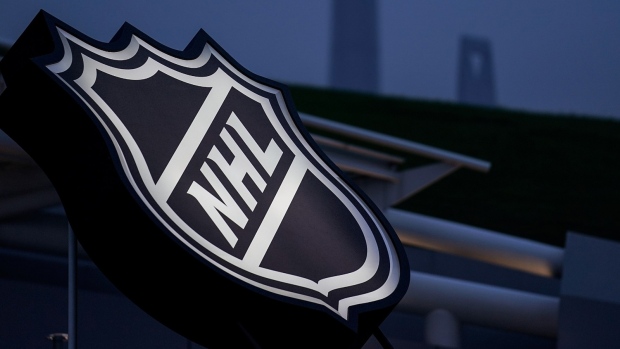Nov 23, 2020
NHL in legal battle with insurers refusing to pay concussion lawsuit costs
The National Hockey League is embroiled in a legal fight with insurance companies that refuse to pay most of the costs related to the league’s years-long concussion lawsuit and the settlement the league reached with retired players.

The National Hockey League is embroiled in a legal fight with insurance companies that refuse to pay most of the costs related to the league’s years-long concussion lawsuit and the settlement the league reached with retired players.
The NHL filed a lawsuit in New York State Supreme Court on July 31 against eight insurance companies: TIG Insurance Co., Federal Insurance Co., Chubb Insurance Co. of Canada, National Union Fire Insurance Co. of Pittsburgh, Vigilant Insurance Co., American Home Assurance Co., Aviva Insurance Co. of Canada, and Zurich Insurance Co.
The NHL in November of 2018 announced an $18.9 million (U.S.) settlement with 318 former players who joined a lawsuit accusing the league of downplaying the long-term dangers of repeated brain trauma. The settlement included plaintiff lawyers’ fees and costs, free neuropsychological tests for players, up to $75,000 for medical treatments, cash payouts of roughly $20,000 per player and the establishment of a Common Good Fund to help retired players in need.
The NHL alleges in its lawsuit that it paid for insurance coverage dating back to 1974 and that it has made five demands since settling the concussion litigation to the insurance companies to pay its legal costs related to the case but that the insurance firms have reimbursed the league only for about a quarter of what the NHL says it is owed.
The league said it is seeking “tens of millions of dollars in damages, plus 9 per cent interest, for breach of policies.”
“For approximately five years, the NHL vigorously defended the concussion litigation while keeping the insurers fully apprised,” the league wrote in its 19-page lawsuit. “Over the course of extremely complex litigation, the NHL paid substantial fees and expenses; reviewed and produced millions of pages of documents; deposed and defended depositions of dozens of fact and expert witnesses; and engaged in significant contested motion practice.”
The NHL says it has paid $16,981,600 of the settlement amount and that the insurers have not reimbursed them for that payout.
In a counterclaim lawsuit against the NHL on Oct. 9, Federal Insurance, Chubb and Vigilant wrote that they want the NHL to repay them the funds they already have forwarded to the league. The companies did not specify the amount.
Because the retired players accused the NHL of fraud, not only negligence, for deliberately hiding the dangers of concussions from them, Federal Insurance, Chubb and Vigilant argued that they did not have to cover the league’s legal costs or the payments from the settlement.
The insurers also allege that the NHL’s settlement covers players who first played in the league in 1951. The league was uninsured for all periods prior to 1974, they allege.
American Home Assurance (AIG) and National Union Fire Insurance allege in their own countersuit, also filed Oct. 9, that they were working with the NHL on a legal defence to the concussion lawsuit before the working relationship collapsed.
“In order to obtain the contractual defence under the AIG policies, the NHL must comply with all conditions of coverage, including the NHL must provide notice of any potentially covered claim, indicate that it wishes for the AIG insurers to provide a defence, and tender control of the defence to the AIG insurers,” AIG and National Union Fire wrote.
The NHL advised AIG in December of 2013 that a concussion lawsuit had been filed against the league, but it did not indicate if it wanted AIG to organize its legal defence, AIG and National Union Fire wrote in their countersuit.
The insurers allege that AIG hired the law firm Nixon Peabody in March of 2014 to provide a legal defence. The NHL rejected that move and instead hired the firms Skadden and Proskauer Rose. The NHL later allegedly refused the offer of AIG and National Union Fire to reimburse the NHL for its defence costs at the rate Nixon Peabody had charged.
“Despite repeated requests, the NHL refused for three years to provide any of its defence cost invoices to the AIG insurers,” AIG and National Union Fire wrote. “Not until March 2017 that the NHL finally provided AIG with the first tranche of defence invoices that it expected the AIG insurers to cover.”
The NHL’s legal invoices to AIG allegedly revealed significant unreasonable expenditures, including excessive and unnecessary time billed, the insurers’ countersuit says.
“Three NHL firms duplicated significant efforts with no explanations,” AIG’s lawsuit says. “Rates charged were excessive. Vague entries, unreasonable charges for overhead and other expenses.”

